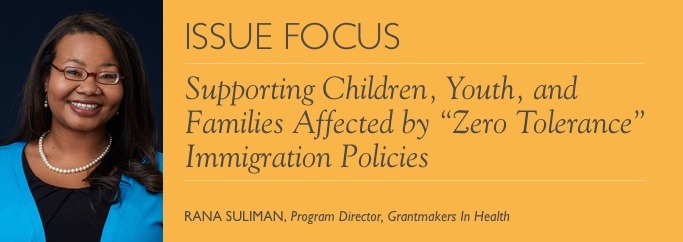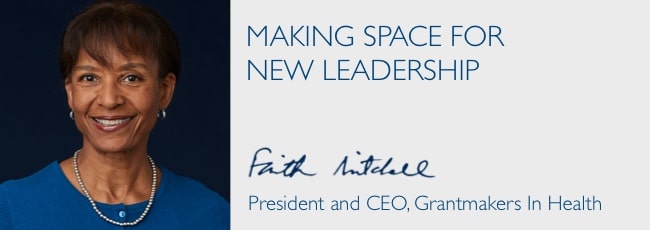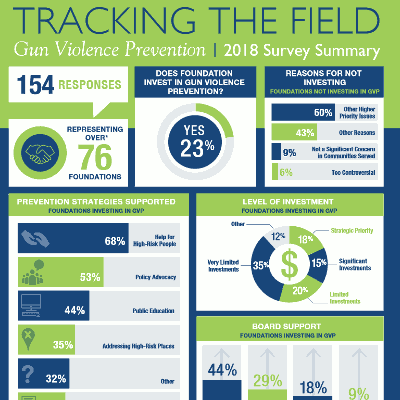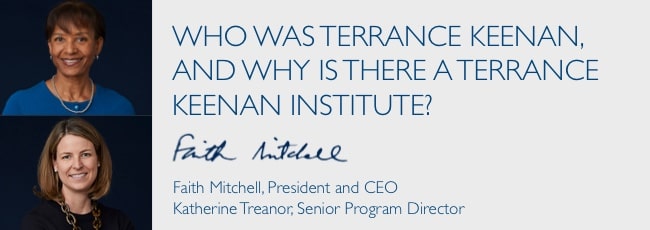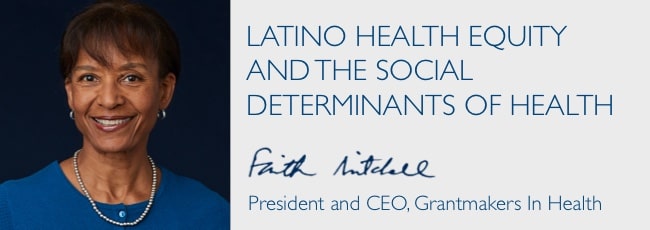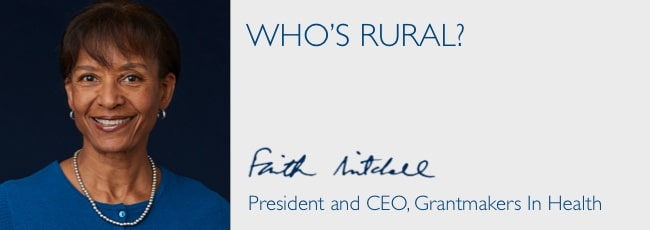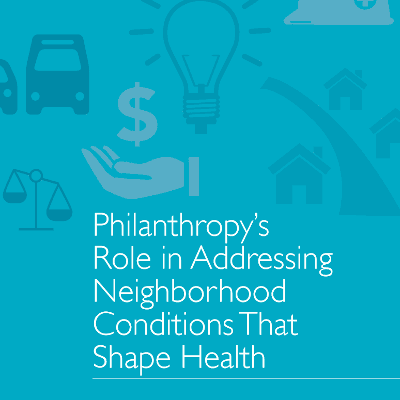2018 Year in Review
Over 35 Years of helping Funders of all assets, interests, and sizes learn, connect, and grow.
GIH Bulletin: November/December 2018
Every year brings important changes to Grantmakers In Health, and this year will be no different. I recently informed the GIH board and staff that I have decided to leave the organization at the end of 2019.
Gun Violence Prevention Infographic (2018)
Gun violence is a public health crisis in the United States, with approximately 120,000 Americans injured or killed by guns each year. GIH surveyed Funding Partners in June 2018 to explore investments in gun violence prevention and found that health funders who support gun violence prevention efforts are investing in a wide range of prevention strategies, including support for high-risk populations and policy advocacy. The survey results have been compiled into a one-page summary infographic.
GIH Bulletin: October 2018
This October, GIH is welcoming our fifth class of Terrance Keenan Fellows. We are proud of this milestone and of the evolution of the Terrance Keenan Institute for Emerging Leaders in Health Philanthropy that the fellows are part of. This month’s Bulletin celebrates the history of the institute and the promise of the fellows.
GIH Bulletin: September 2018
Earlier this year, with the goal of generating new insights and ideas about the role funders can play to advance health equity for Latinos and other people of color in California, GIH and Hispanics in Philanthropy convened a meeting in San Francisco for funders and community partners on building a movement for Latino health equity.
GIH Bulletin: August 2018
Rural issues have taken on new prominence in recent years, but for philanthropy, concern for rural communities—and for rural health specifically—is not new.
Questioning Everything: Evaluation’s Role in Navigating Change
Each year, GIH asks health funders to share their thoughts on our annual conference theme. This year, we’ve asked evaluators from foundations to reflect on our 2018 conference theme, Navigating Currents of Change.


